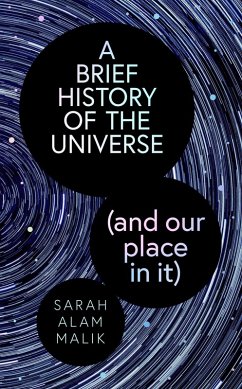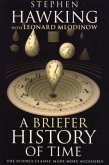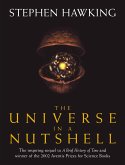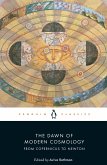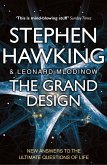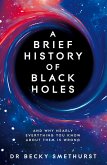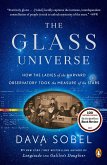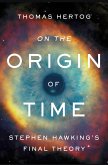We have always looked up at the sky and wondered. Ever since the ancient Babylonians began to track celestial objects on clay tablets, scientific inquiry has been driven by the innately human desire to understand what is out there, and where we fit in among it all. In this wonderful book, Dr Sarah Alam Malik takes us on a journey through the discoveries that have propelled and continually overturned our perception of the cosmos. From Aristotle's Earth-centred worldview to the Copernican revolution and Isaac Newton unifying the terrestrial and celestial under the law of gravity, fascination about our universe has never diminished. One of the marvels of our existence is that we can imagine worlds far beyond our own, from the fiery deaths of faraway suns to the search for life beyond Earth. This capacity to share a much grander and more mysterious reality may be among the greatest privileges life has to offer. This is the story so far. A Brief History of the Universe (and our place in it) is at once a fascinating story of discovery and a beautiful celebration of our endless curiosity.
Bitte wählen Sie Ihr Anliegen aus.
Rechnungen
Retourenschein anfordern
Bestellstatus
Storno

